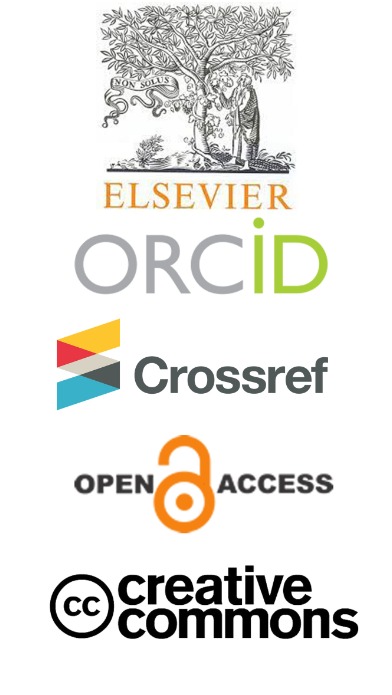Financial Model: A Practical Tool for Financial Management Practices of Micro-enterprises in Ifugao, Philippines
Keywords:
Financial Model, Financial Management Practices, Micro-enterprises, IfugaoAbstract
Micro-entrepreneurship can reduce poverty and creates employment opportunities. Many micro-enterprises started every year but fail in their infancy due to a lack of financial management knowledge. It aims to determine the respondents’ profiles, business profiles, and the different areas of financial management practices. Descriptive survey was used with a sample survey questionnaire and follow-up personal interviews in gathering the data from 80 micro-entrepreneurs in Ifugao, Philippines. Most of the micro-entrepreneurs are female, aged 40-49, married, Tuwali, college graduate, owners, never attended training, and have technical field backgrounds. They engaged in trading and service, sole proprietors, started in early 2000, more than 10 years in existence, with an average of 4.31 employees, with beginning capital, total assets, annual sales, annual net profit, debt, and ending capital of less than 0.5 Million. Micro-enterprises highly practiced cash management and current liabilities management but slightly practiced fixed asset management. Cash management and fixed asset management significantly differ from all the other areas. Financial management practices significantly differ in age, position, type, form, start, length, full-time employees, beginning capital, asset, sales, profit, debt, and ending capital of the business. Studying financial management practices contributes in developing proposed financial model.



